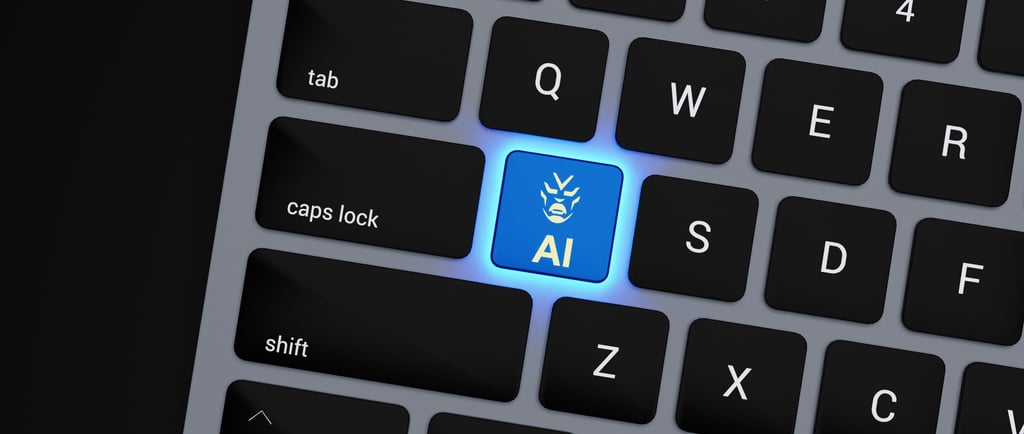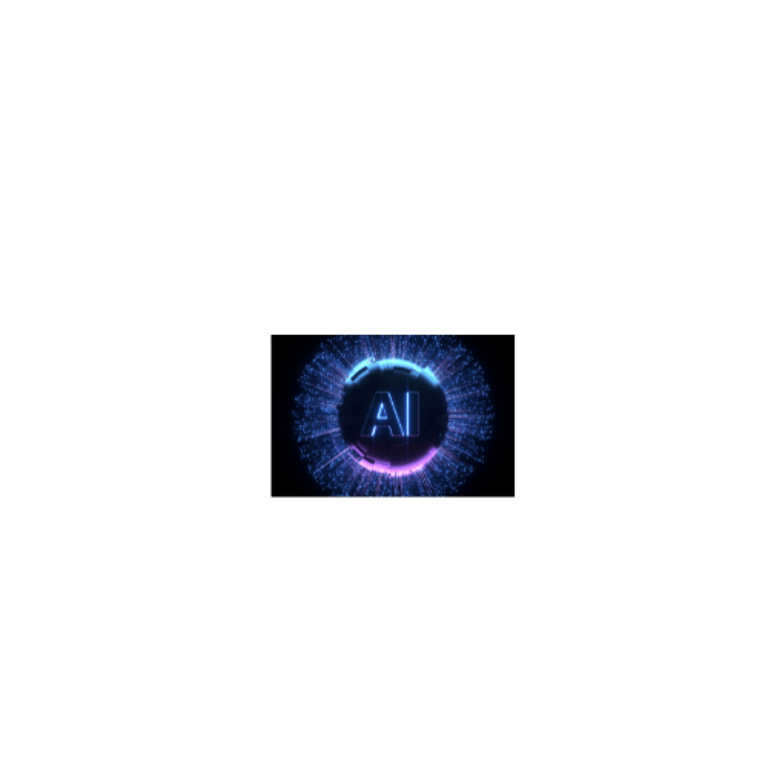Be Proactive - The AI Regulation Era Has Arrived
Don't wait for AI regulations, look at your hiring practices now and do something about it.
10/19/20253 min read


The AI Regulation Era Has Arrived 🚨
Your hiring practices are about to change—everywhere.
If you use AI to screen resumes, interview candidates, or make promotion decisions, big changes are coming.
No matter where you operate.
Two states are leading the charge. And their approaches show what's coming nationwide 🌎
California Went First 🏃🏾
October 1, 2025 — California's regulations took effect.
They apply existing anti-discrimination law to AI-powered employment decisions.
Here's what it means:
✅ If you're a California employer with 5+ employees, you're already liable for discriminatory outcomes from your AI tools
✅ Even if a vendor built them
✅ "The AI did it" isn't a legal defense anymore
Colorado Goes Further 📋
June 30, 2026 — Colorado's comprehensive AI law takes effect.
It creates an entirely new framework for "high-risk AI systems" used in employment.
This isn't just anti-discrimination enforcement.
It's proactive compliance:
✅ Mandatory impact assessments
✅ Risk management policies
✅ Notification requirements
✅ Reporting obligations to the state Attorney General
Why This Matters Beyond Two States 🗺️
These laws signal the beginning of a national shift.
Other states are watching California and Colorado closely. They're drafting their own versions.
Here's the reality:
📍 Multi-state employer? You're already subject to California's rules.
📍 Do business with Colorado employees or applicants? You'll be covered by the nation's most detailed AI compliance framework in eight months.
📍 Not in either state? Courts and regulators nationwide are borrowing these frameworks to evaluate AI discrimination claims under federal law.
What "High-Risk AI" Actually Means 🎯
Both states target AI systems that substantially influence employment decisions.
That includes:
🎯 Resume screening tools
💬 Interview assessment platforms
📊 Performance evaluation algorithms
⏱️ Scheduling systems that affect pay or hours
📈 Promotion recommendation engines
If your AI ranks, scores, filters, or recommends candidates or employees?
It's likely covered.
The New Baseline: What Employers Must Do ✅
California's approach (already in effect):
Treat AI discrimination like any other employment discrimination under state law
Conduct individualized assessments—you can't rely solely on AI for termination or discipline decisions
Implement anti-bias testing and proactive efforts to defend against discrimination claims
Colorado's approach (starting June 30, 2026):
Conduct impact assessments before deployment and annually thereafter
Implement risk management policies using frameworks like NIST or ISO
Notify applicants and employees when AI influences their outcomes
Provide human review for adverse decisions
Report algorithmic discrimination to the Attorney General within 90 days
The "Algorithmic Discrimination" Problem 🚨
Here's the legal trap:
AI systems can violate anti-discrimination laws even when no human intended bias.
Real examples:
❌ Your resume screener filtered out candidates with career gaps? That could disproportionately impact women.
❌ Your interview tool downgraded candidates with accents? That's potential national origin discrimination.
❌ Your performance algorithm penalized remote workers during the pandemic? You might have discriminated against workers with disabilities.
Both California and Colorado make clear:
You're responsible for what your AI does.
Not just what you intended.
What This Means for National Employers 🌐
If you operate in multiple states, you need to:
🔍 Audit your AI tools now
Ask vendors: What decisions does this influence? What data does it use? How does it prevent bias?
📝 Document your governance
Impact assessments, risk policies, and human oversight processes need to exist on paper.
🎓 Train your teams
HR staff and hiring managers must understand when AI is in use and their review obligations.
📢 Update your transparency practices
Applicants and employees have a right to know when AI is evaluating them.
The Bigger Picture 💡
This isn't just about compliance in two states.
It's about a fundamental shift in how we think about AI accountability.
For decades:
Employment discrimination law focused on human intent—did someone mean to discriminate?
The AI regulation era asks a different question:
What were the outcomes? And did you do enough to prevent harm?
California and Colorado are writing the playbook.
The rest of the country is reading it.
The Bottom Line 🎯
AI promises efficiency, consistency, and scale in hiring and talent management.
But without accountability frameworks?
It also risks automating bias at unprecedented speed.
Smart employers aren't waiting for enforcement actions to figure this out.
They're asking hard questions now:
💭 What is our AI actually doing?
💭 Who's accountable when it's wrong?
💭 How do we prove we took reasonable care?
The AI regulation era has arrived.
The question is whether you're ready for it.
